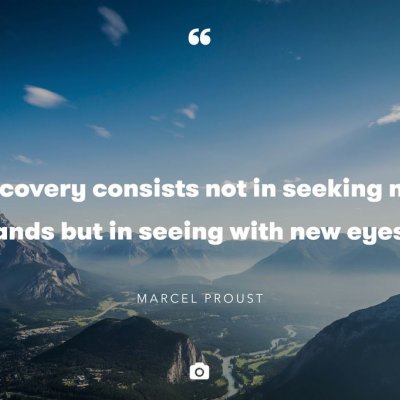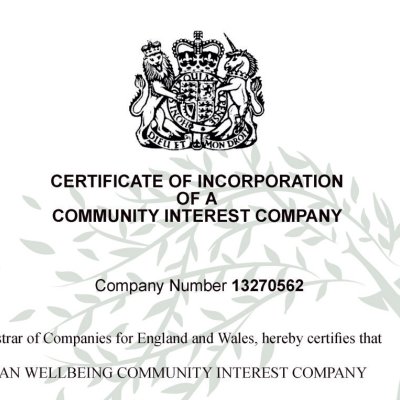It’s hard to describe the peculiar isolation you feel when a parent is diagnosed with young onset dementia. My mum was only sixty when her brain scan confirmed that she had Alzheimer’s Disease and I was thirty-five with three young children. My peer group had not yet entered the phase of ‘caring for an elderly parent’ – my friends’ parents were newly-retired Baby Boomers, jetting off around the world on mini-breaks and cruises, playing golf and generally having the time of their lives. They were not staring down the barrel of cognitive decline, residential care and incontinence, not just yet.
So, I felt alone. Despite my close family and the support of my sister (without whom surviving this process would have been unthinkable) I felt that nobody else really understood what it was like to face this slow bereavement.
As the only doctor in the family I was aware that there was a certain amount of unspoken pressure on me to be the source of information, the liaison point, the arbiter of good clinical care. But as much as my medical background may have helped me understand the mechanics of the diseased brain, it left me pretty helpless in the face of more practical issues such as completing application forms for Personal Independence Payments or stopping someone handing over their bank card to a complete stranger.
I searched the Internet but the dearth of relevant, accessible information about dementia seemed totally out of keeping with the soaring rates of the disease. Perhaps I wasn’t looking hard enough – but who wants to look hard for this stuff when you’ve got so much else to worry about on a daily basis? I just wanted to hear about somebody like me and to understand how they were coping. I needed a clear, perspective on how it felt to watch your parent lose their grip on reality without losing yours. And an acknowledgement that there are tiny moments of comedy to be found lurking in the mire of Alzheimer’s disease.
And so, because I couldn’t find a blog like this – I decided to write one myself. I had no experience of blogging and prior to that point, zero interest in social media; I found the idea of Twitter terrifying and Instagram completely baffling - I didn’t even have a Facebook account. But I started small and wrote under a pseudonym. That way I had a layer of psychological protection from the trolls and the freedom to write the absolute truth in all its ludicrous, dark glory.
The more I wrote the more I connected with people – every post drew comments along the lines of, ‘thank you for sharing – I feel like this too.’
I set up social media accounts so that I could promote the blog and I found new friends on Twitter, tips from dementia carers, words of encouragement and support. I realised that far from being alone, I was in fact part of an enormous, global network of carers, and that in writing my blog I was actually giving some of these people a voice. To this day, starting my blog was one of the best decisions I have ever made, and I would urge anyone out there who feels isolated for any reason, to give it a go.
Nancy's Top Tips:
Start small – set up an account on Wordpress or a similar site (you don’t want to be spending big money on this – get the basic package)
If you’re not feeling terribly brave use a pseudonym – yes the trolls do it, but anonymity can be a force for good!
Use images – people are more likely to click on something with a picture and it breaks up the text – It doesn’t have to be fine artwork - I used my children’s pre-school scribbles
Just do it – don’t overthink it. If you post something that you later suspect may be rubbish, you can always delete it (speaking from experience)
Our thanks to Nancy for sharing her experience and helping to normalise feelings of loneliness.
Nancy writes two blogs www.mumhasdementia.com and www.nancy-peach.com and you can find her on Twitter @mumhasdementia and Instagram @nancy.peach
If you have experienced loneliness and would like to share this with the Marmalade family (along with any top tips that might help others manage the feeling), get in touch! Send to Communications Manager helen.bliss@marmaladetrust.org










